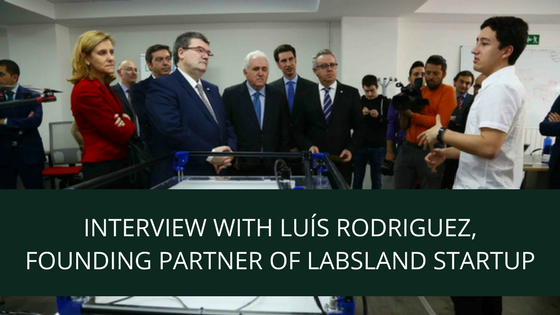Interview with Luís Rodríguez, founding partner of Labsland, a project that allows the user to access a wide network of online labs.
How did the idea of the project arise?
For years, 5 of the 6 partners have participated in a research team in remote laboratories, from the University of Deusto. Although the prototypes that we have tested in recent years have given satisfactory results, in order for these types of technologies to reach out and reach their full potential, it is necessary to go beyond an area of research. A commercial perspective is necessary, which can guarantee the quality, sustainability, and reliability that are necessary to obtain a product that provides real value.
What does it consist of?
The project consists of a large network of laboratories, all accessible through the Internet. At least initially, they are educational laboratories. Currently, colleges and universities have difficulties with the practical training of their students. They have few laboratories, little time to carry practices, are expensive to maintain, and complicated to manage. The LabsLand network allows students to access these labs they need for training, but through the Internet and using only a web browser. In addition, different institutions can share their laboratories and make them accessible. In this way, students get access to more laboratories, and participating institutions can reduce their costs and improve their educational offer.
Who is behind this initiative?
The initiative emerges as a spin-off from the University of Deusto, specifically, from WebLab-Deusto, its research team in remote laboratories. Five of the six partners have collaborated with this group, and the other of our partners brings the business experience we need.
What is your value proposition? What is your goal?
LabsLand allows users to access laboratories, usually educational, through the Internet. It also allows institutions of all kinds (educational centers, research, companies …) to offer their laboratories in the network. In this way, everyone benefits. Users can access a greater number of laboratories, and they also do so comfortably and safely, as well as with better access to theoretical contents related to the experiment they perform. Institutions can save costs, because they share different equipment between them, reduce their underutilization, and do not need to worry about their maintenance, assign teachers or monitors to guide or monitor the use made by students or to update it when new versions appear.
LabsLand is in a unique position to offer this service, to take advantage of the internet and remotization, because its partners have years of experience in the field of research on remote laboratories.
What has been the greatest difficulty that you have encountered along the way?
One of the major difficulties has been to change our own perspective from a research perspective (on the part of WebLab-Deusto) to a business perspective (on the part of LabsLand). Our partner Esteban Azcuénaga, who has a great experience in business management, has helped us and helps us particularly in this regard.
What is the current status of the project? What are your needs?
We have currently developed a prototype of the LabsLand network portal, accessible at https://labsland.com. We are carrying out several pilots while continuing to improve our technology and determining in more detail the needs of those who can benefit from this type of service.
Where do you want to go? How do you see the project in 5 years?
Our goal is that the LabsLand network, and remote experimentation technologies in general, become a reference tool. We believe that they have great potential to produce a very positive impact on education, especially scientific and technical. Both in schools, training centers, and universities, practically any technical and scientific subject can benefit from quality practical education.

